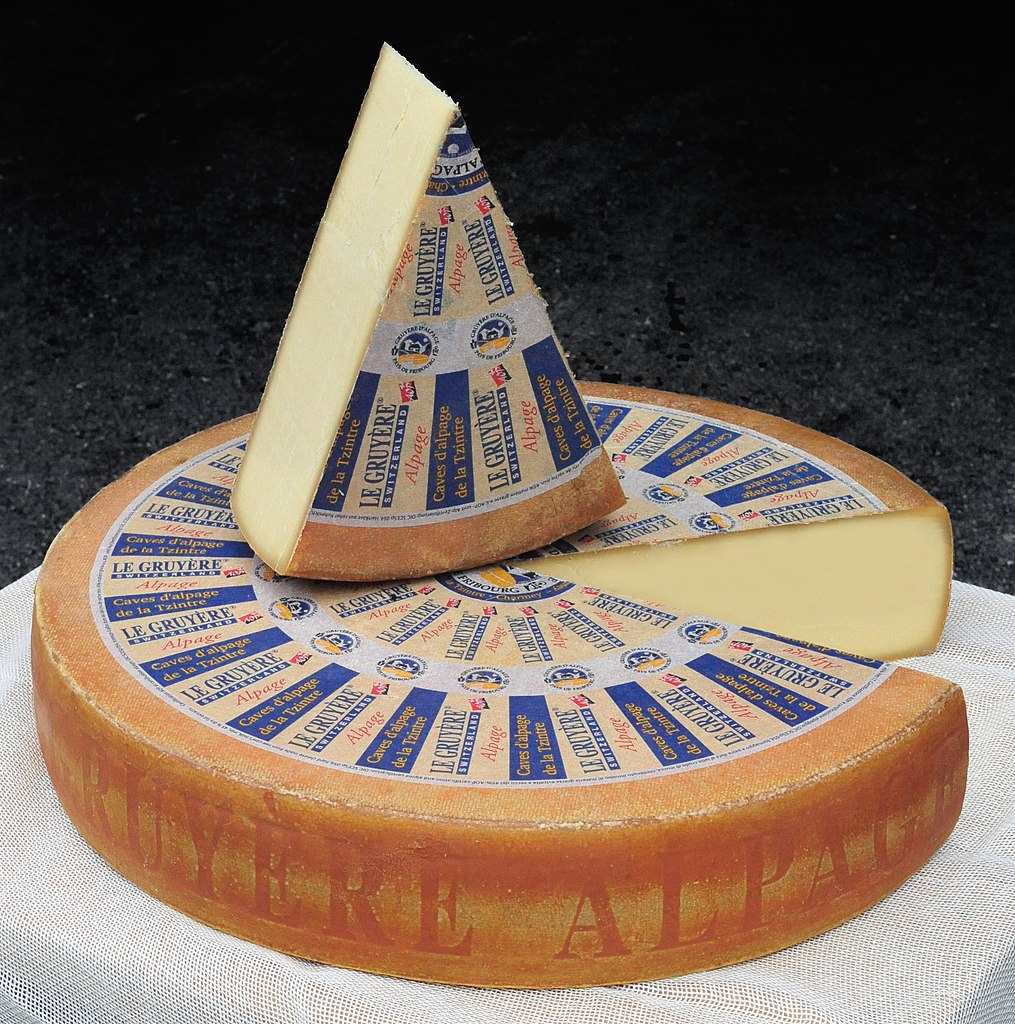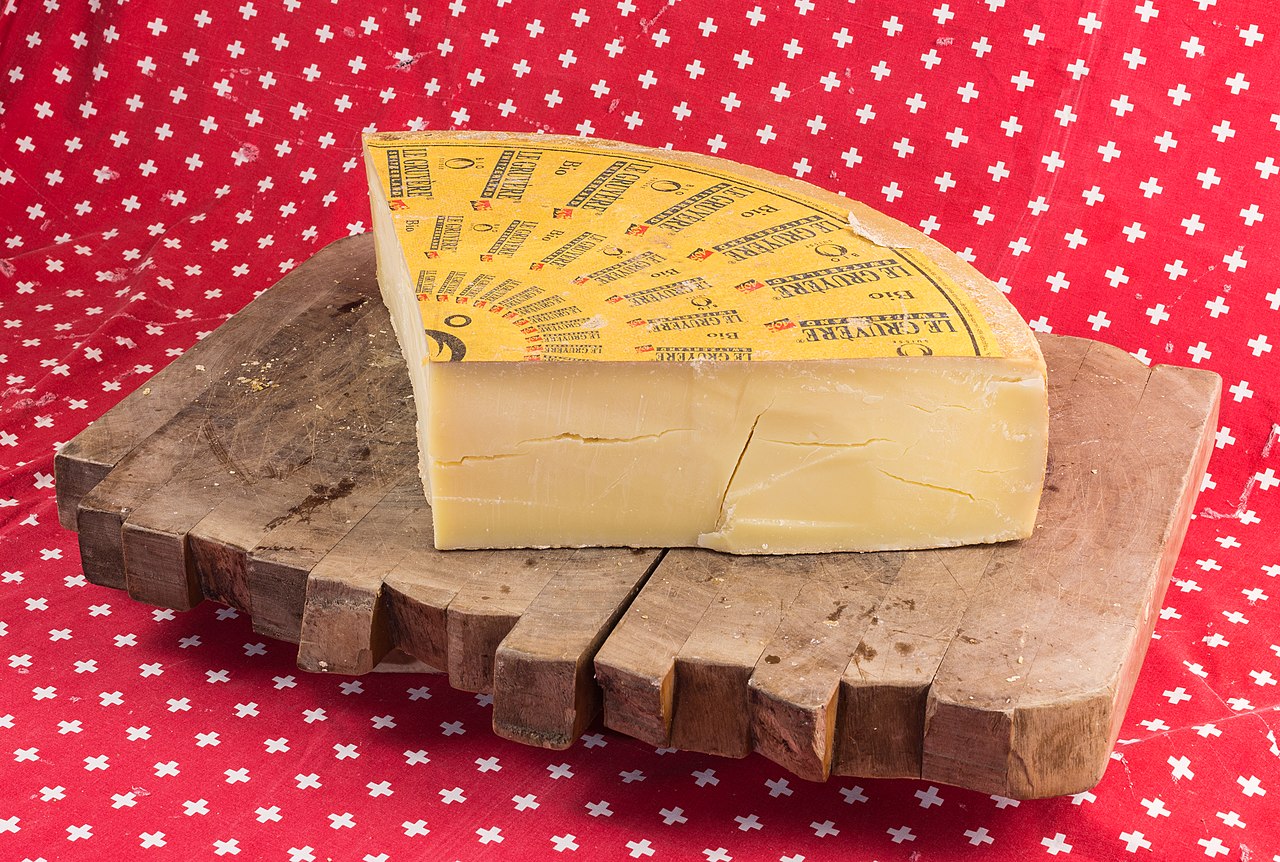A United States court of appeals has ruled that non-Swiss and French cheeses can be labelled as “gruyere,” even though they are not made in the Gruyère area.
A decision that was upheld by a court in Virginia says that the US does not have the same strict rules about where food comes from as Europe does.

It was decided that the term “gruyere” could be used to describe cheese legally, independent of the location where the cheese was produced.
The decision is being hailed as a triumph for dairy lobbying groups in the United States.
According to a decision handed down on Friday by the 4th United States Circuit Court of Appeals, which has its headquarters in Richmond, Virginia, the term “gruyere” has been used to identify and sell cheese in the United States for decades, regardless of where the cheese was produced.
According to what it said, cheese from the United States, the Netherlands, Germany, or Austria is included.
The USPTO’s decision to reject a trademark application from two Swiss and French cheese producer associations seeking to limit the use of the term “gruyere” to cheese made only in Gruyère was upheld.
According to the court’s decision, the French and Swiss groups “cannot change what is clear from the record: cheese buyers in the United States understand “GRUYERE” to mean different kinds of cheese, which makes the word generic.”
The groups have said that they will “vigorously pursue” their efforts to protect the organization’s name.
In a statement, Krysta Harden, who is the president of the US Dairy Export Council, said that the decision was “outstanding for manufacturers and farmers here.”
To be able to name a cheese “gruyere,” it must have been aged for at least 90 days and have “small holes.” These are two of the conditions imposed by the FDA in the United States.












